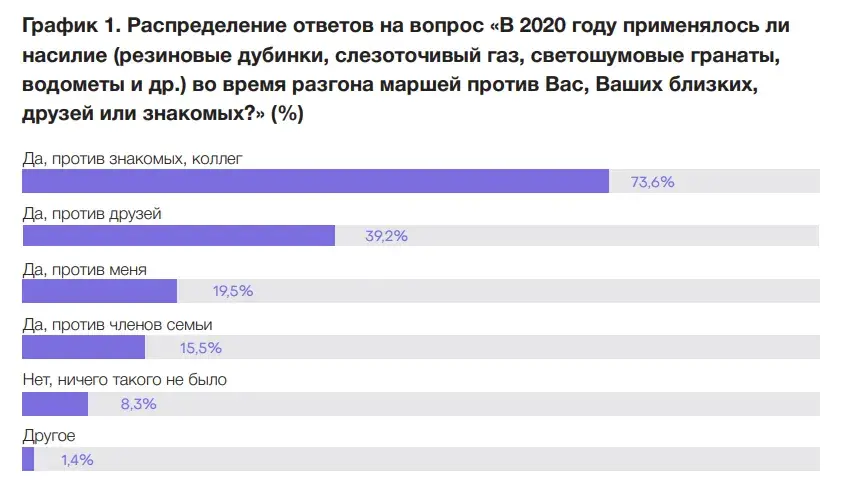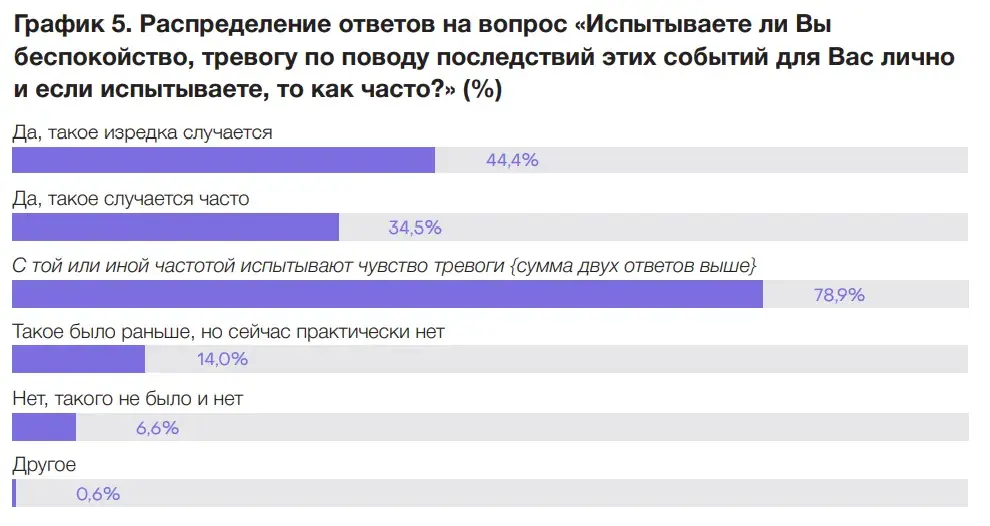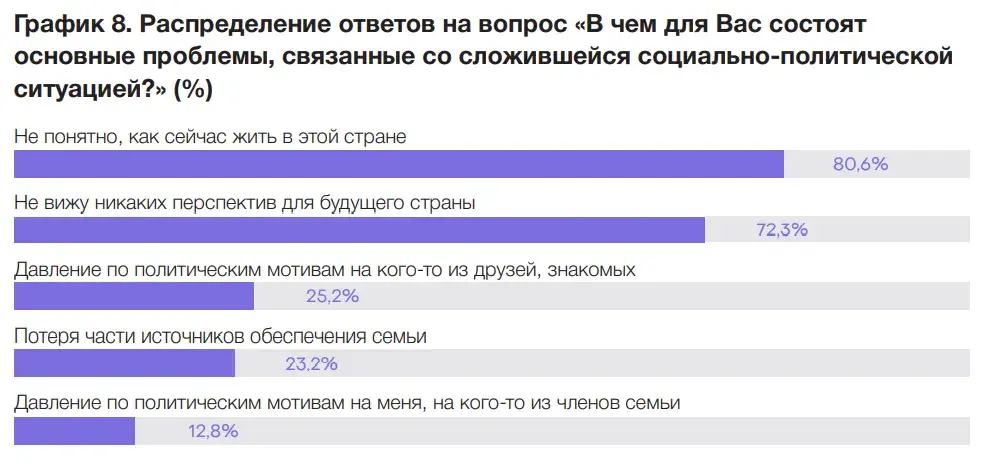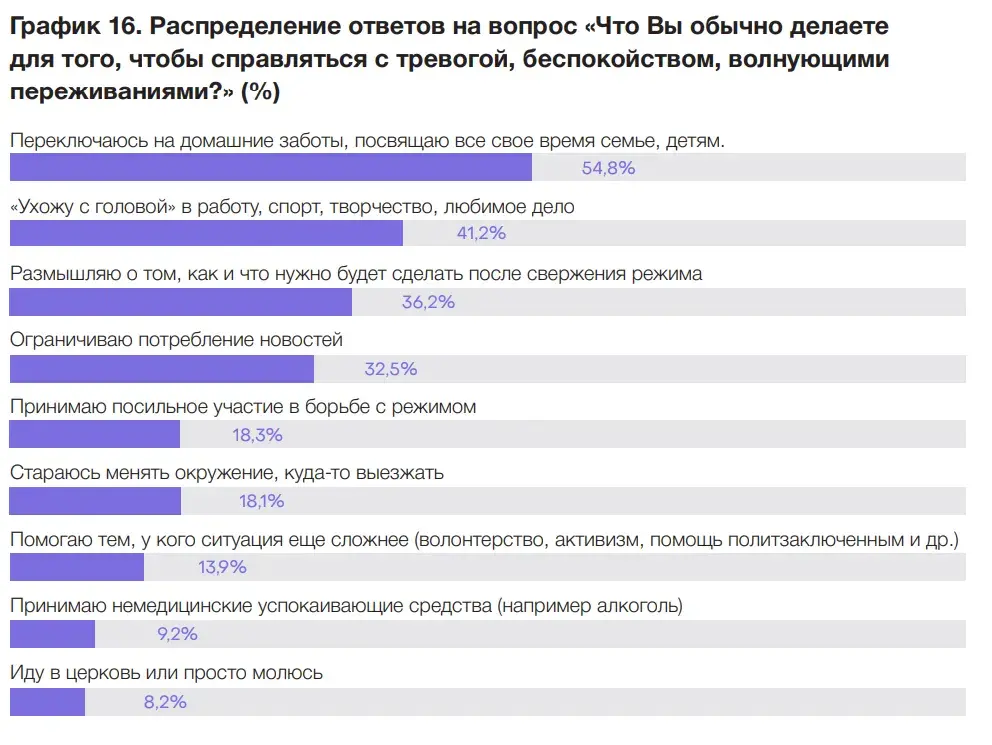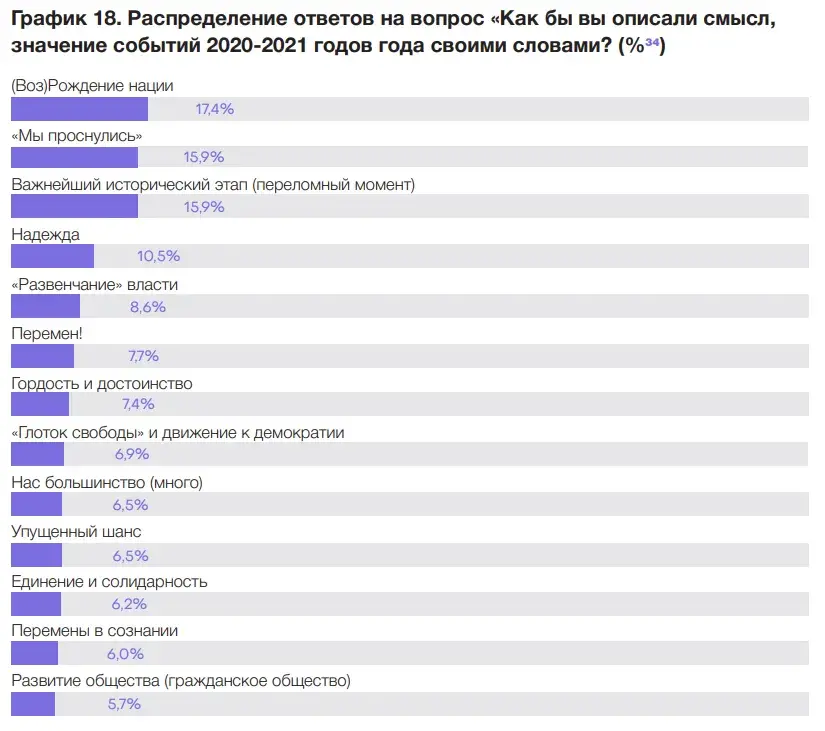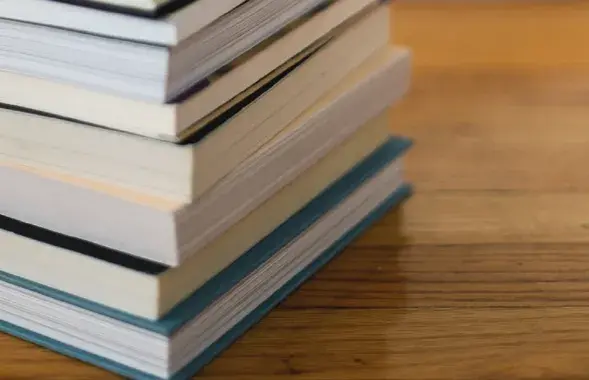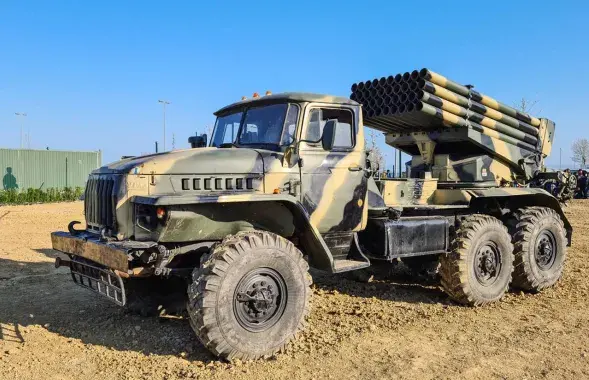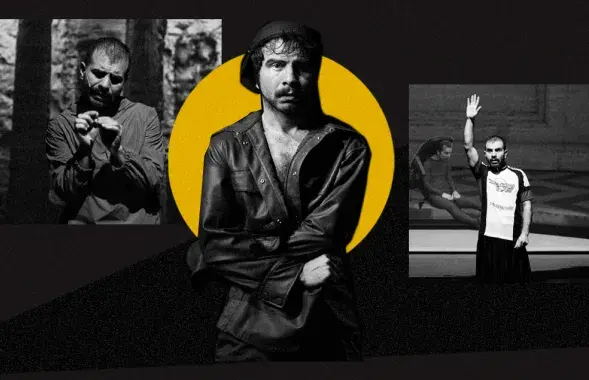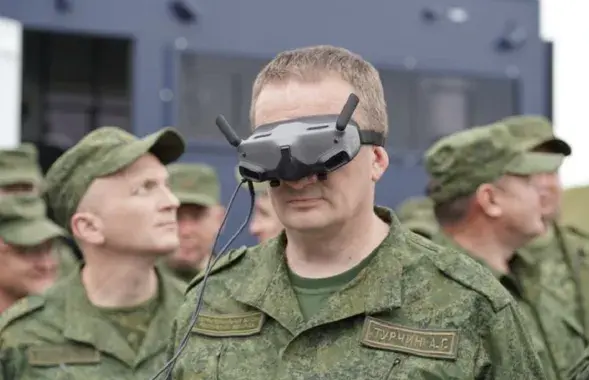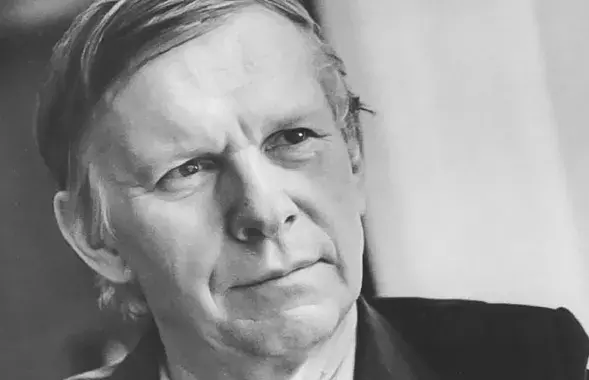Collective hero born in Belarus in 2020, study shows

Reliance on the past helps Belarusians move on and take pride in themselves / collage by Ulad Rubanau, Euroradio
Belarusians are still suffering from the repression of the regime. Some cannot live an everyday life because of direct repression, some do not know how to build a future, and others are worried about other people. However, most protesters do not believe that the Belarusian revolution was a failure and do not repent of the fact that they confronted the regime in 2020. Positive memories about 2020 and the image of a collective hero Belarusians can be proud of and hope help Belarusians not suffer trauma.
These are the conclusions reached by sociologists Henadz Korshunau and Maksim Kudrevich as a result of the study called "The Collective Trauma of Belarusian Society: Scale and Options for Development."
The research was done through a CAWI (computer-assisted web interview) survey. It was conducted among protest-minded Belarusians from August 8 to 10, 2022. The sample was 2,326 people.
Experts studied the trauma that society received from repression and how people experienced it. Collective trauma is an event or set of events experienced by many people that leave "indelible marks in their group consciousness, are permanently imprinted in their memory, and fundamentally, irreversibly alter their identity."
A traumatic experience is a situation or event, the stress of which is on the verge of the subject's (individual, group, society) ability to live through the event, preserving the core of their self-identity. According to experts, what has happened to Belarusians since August 2020 is a traumatic experience.
The scale of the traumatic experience is overwhelming
Physical traumatization unites those who left and those who stayed in the country. More than 90% of respondents indicate that physical violence was used against them, their loved ones, or acquaintances.
Those who observe the continuing repressions are also traumatized. It is manifested not only in physical violence but also in moral pressure, preventive conversations at work, intimidation, dismissal, and so on.
"The experience of living with physical trauma is exacerbated by "witness trauma." Often, the sensation of living a traumatic experience remotely is far more destructive than physical abuse. And the experience of media trauma, which continues even now, is also almost universal," says Henadz Korshunau.
No clear future in sight, but no regrets either
Even the same traumatic experience affects different people differently. From an emotional point of view, 2020 remained in people's memory rather positively.
People experience emotions like pride and joy and negative emotions like resentment, sadness, and disappointment. as well as emotions that are associated with trauma. These were powerlessness, fear, despair, pain, and grief. The latter was less than a third, but they are the most dramatic ones, notes Korshunau.
Emotions related to the current situation are accumulated stress and constant fear for personal safety. Almost 79% of those surveyed mentioned anxiety.
The biggest problem is worries about the future. The most challenging thing is not the economic or political situation but the fact that people do not understand what to strive for.
"The uncertainty of the future now contributes to anxiety. The future is not clear, even at the level of everyday life. Almost thirty percent do not even plan for tomorrow at all," Korshunau continues.
"Romanticizing the past saves the day. People now find support in the past. The majority of the people do not agree that the revolution has failed. They believe 2020 had the greatest impact on the Belarusians as a nation [65.7% - Euroradio].
Almost 90% of respondents do not repent of the fact that they opposed the regime in one way or another in 2020. Also, 40% say that they would act more actively if the situation were to repeat itself.
How do people deal with their experiences?
The dominant strategy is self-preservation through shifting activity to a safe space like housework, hobbies, and sports. This is the path chosen by almost 55% of respondents.
"This is what we call depoliticization. In the second place comes the strategy of resistance: from Internet activity to the feasible practices of informational resistance and some guerrilla action. Plus, there is self-help and support for those worse off than you. The third strategy is searching for external resources like nature, travel, religion, and faith.
Nonmedical sedatives, such as alcohol, are chosen by 9.2%.
"A very small percentage have fallen hard into trauma, almost at the margin of sampling error. These are the ones who get no help".
People rely on the image which saves them
Korshunau notes that the horizontal connections that were all the rage in 2020 remain.
"The circles of communication where people can afford to discuss the events of 2020 have turned out to be surprisingly wide. And the widest and largest of these circles remained with co-workers [50.8%. - Euroradio]. People have like-minded colleagues. This is crucial in maintaining horizontal connections and from a therapeutic point of view".
In many ways, people are saved by ideas.
"The narrative that 2020 was a revolutionary year, the year in which the Belarusian nation was born or transformed, works. A huge image has formed which we can be proud of. We can say this based on the analysis of answers to open-ended questions where people wrote what they think and what meanings they give to 2020. And the biggest block is the birth or transformation of the Belarusians as a nation. The second and third places are separated, sharing blocks of individual awakening, where people say their eyes have been opened".
"It turns out that after all the repression, people still see great meanings. A collective hero was born who has not yet won but has not lost either. And belief in this gives meaning to people's lives. The society is also prevented from falling by preservation and passive resistance," concludes Henadz Korshunau.
